It was just over a year ago that we witnessed one of the biggest self-induced corporate fiascos ever when Anheuser-Busch engaged in a promotional campaign with trans-influencer Dylan Mulvaney. While this led to easily the biggest plummet of a brand in the beer industry - as well as in the corporate spectrum - surprisingly another global entity was making the exact same mistake but managed to avoid that level of public outrage.
Nike has to be grateful that the beer backlash was so loud and widespread that its own involvement with Mulvaney at nearly the same time was overshadowed, though not entirely ignored. People and journalists became fascinated with the downfall of the beer brand, as it dominated news coverage for months, but Nike was not entirely unscathed. Calls to avoid the brand as well were heard, and while the outrage may not have been so loud the ramifications were still felt. The reason is that the company has been caught up in the virtue-signaling craze but fell prey to the shortsightedness of these efforts.
The company has backed the likes of Colin Kaepernick, and frequently is vocal on other social issues, but it could very well be a case of the company being so monolithic that when it absorbs strong economic hits it is able to weather the challenge before moving on. Well, currently it is experiencing inclement weather.
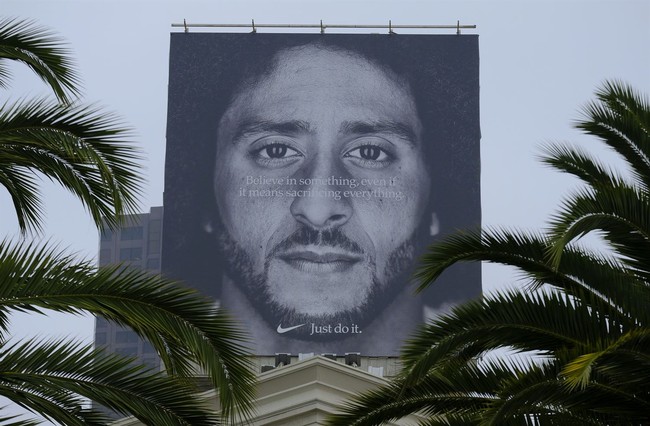
The apparel company is enduring enough hardships that it is in the process of laying off a significant amount of its workforce. One thousand six hundred jobs are in the process of being shorn, all in an effort to cut $2 billion in operating expenses. This is not an insignificant culling, as the figure represents 2 percent of Nike’s global workforce. Now, it cannot be said this was all due to the Mulvaney partnership, but when facing headwinds in the marketplace, just how wise is it to trend into arenas of a controversial nature?
The appeal for companies to broaden their customer base is understandable and admirable to a degree, but the manner so many go about it is the issue. The often-quoted line by a business entity is “We want to be inclusive to all segments,” which, again, is not the problem. It is the level of hype and the type of marketing that elevates those at the exclusion of others when companies face trouble. There really have been two problems when employing the likes of activist influencers, such as Mulvaney.
The first is catering to a very slim segment of the marketplace, but the advertising and hype greatly exceed that target audience. At some point, the imbalance means you begin driving off a segment that could be much larger than your hoped-for gains. When targeting a niche market you need targeted advertising rather than a blanket campaign, such as on social media.
Bud Light has long advertised to the LGBT𝜋 community, but it was done in sectors that appealed to those markets: sponsoring specific events, offering bars branded items, and the like. Mulvaney could have been used in this capacity, and there would likely have been little blowback. Taking the partnership to a national level is where lines were crossed, and customers were lost.
The second factor is related, and it is in dismissing your existing customers in the bid to virtue signal broadly. I have said that using Mulvaney was not the bigger problem for the brewer, but it was in the exposing of the Vice President of the brand, Allisa Heinerscheid, who was lecturing her brand’s drinkers that they needed to evolve and grow up to accept this platform. Gillette set this very same trap for itself when it appealed to the woke marketplace, having a feminist director and activist advertising company creating a commercial bemoaning toxic masculinity. The razor manufacturer came out with a lecturing ad campaign insulting its core audience and managed to lose billions of dollars in sales in the process.
Now, while Nike has not suffered quite at this scale, it still has managed to miss the signals in the marketplace. Take as one contradiction years of us hearing that advertising sets unrealistic physical goals on women, to now going 180 degrees out of phase to say a biological male is a feminine archetype. That original complaint was to suggest a need to feature real women, and the pendulum has swung so swiftly that now we need to celebrate a decidedly unreal woman.

Nike has failed to measure the public reaction, and it is more than just the use of a polarizing figure like Dylan Mulvaney, it applies to the very sporting marketplace Nike inhabits. Public polls show a distinct opposition to trans athletes encroaching in women’s sports, and a growing number of sporting governing bodies are taking a stand on the matter as well. While the press is hesitant to admit this - as noted in an interview we conducted with Clay Travis from Outkick – the reality is that trans athletes are a deeply divisive issue.
Nike succumbed to the same snare the press has been trapped in, and that is believing their own hype. The press keeps supporting trans athletes because it only hears favorable reports on the issue from other outlets. Nike believed this hype and only heard words of support (partially due to being headquartered in the Pacific Northwest liberal enclave), so pushing this agenda seemed a natural cause for the company.
As a result, it risked becoming “unpopular” with what is in reality the minority opinion, and in turn, it drove off a significant portion of its customer base. It was a case of not believing the national polls because they only were listening to favorable responses from select sources. This becomes another object lesson for business owners.
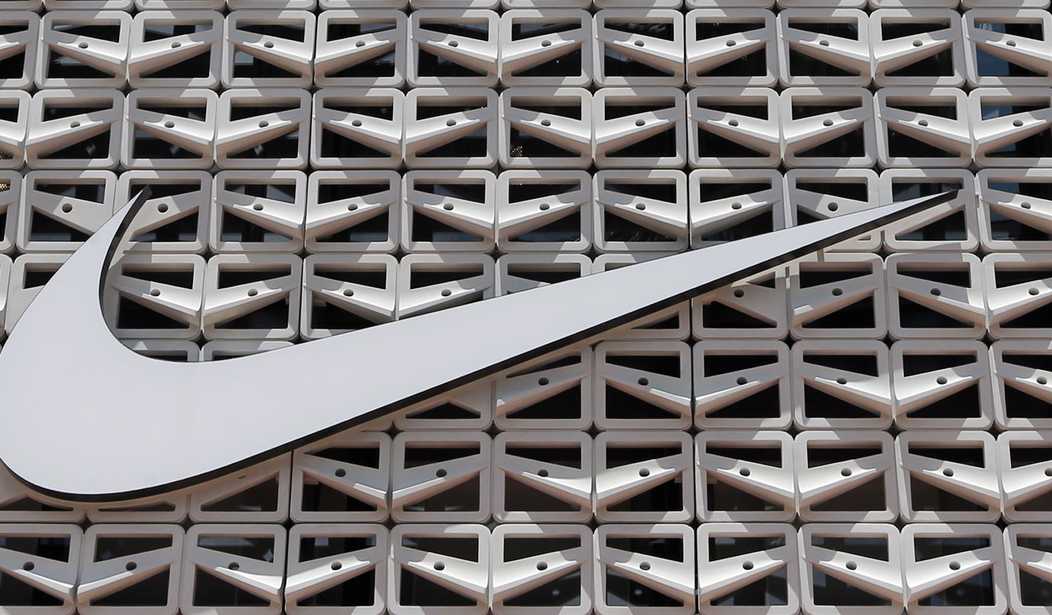

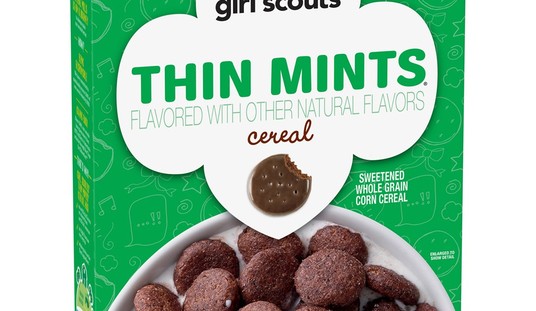
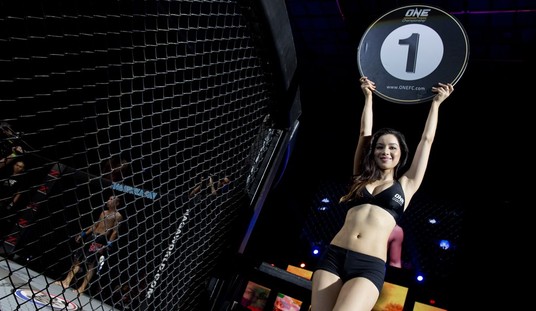
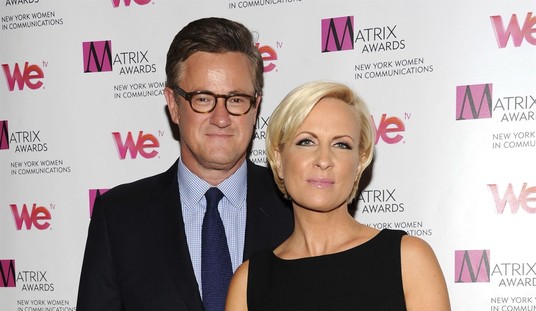
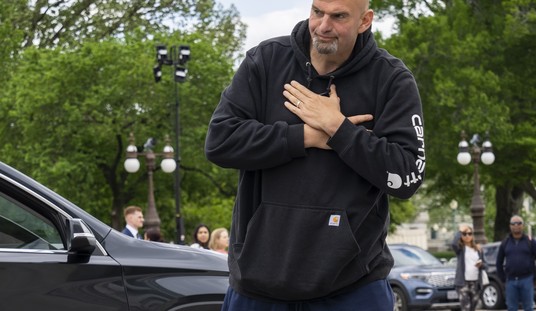






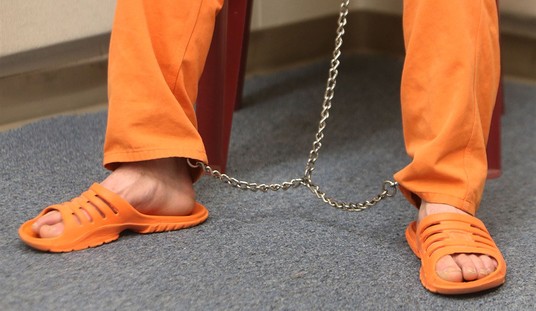
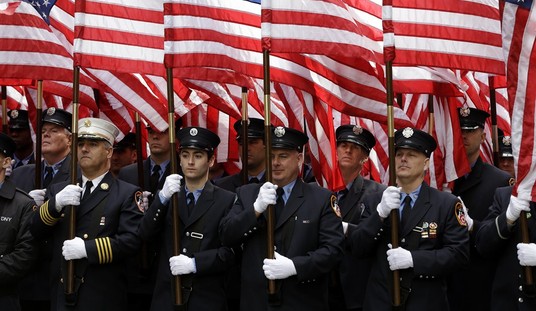
Join the conversation as a VIP Member